remembrance
Warrior Nation podcast: War and Memory – Culture
December 2021
Warrior Nation podcast – War & memory: Witnessing
July 2021
Warrior Nation podcast – War & memory: Statues
June 2021
High ideals: VE Day, Covid and an anti-militarist future
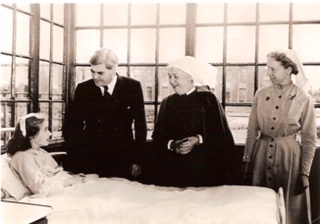
On the 75th anniversary of VE Day, we reflect on what happened to the ideas and hopes that flourished after the Second World War, and what we can learn from this for a post-COVID world. This article was first published in Peace News.
Planning Remembrance Day events in your school
2018
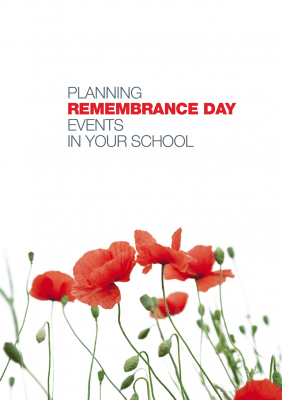
This guidance is based on five-years of research carried out by Oxford Brookes University and Brunel University London. It looks at how school leaders can approach discussing ethical themes related to conflict.
War School film
2018
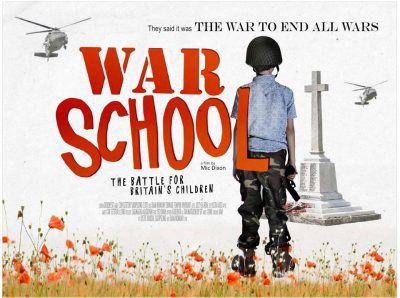
A film about recent militarism and the battle for the hearts and minds of young people in the UK. The film follows the stories of Ben Griffin, former SAS soldier and founder of Veterans for Peace UK, and Quaker activist Sam Walton, and features the work of ForcesWatch and partner organisations. See war.school and related learning resources.
White Poppies for Schools
updated August 2018
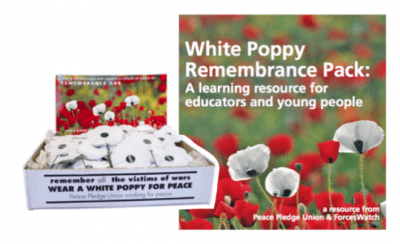
We have teamed up with the Peace Pledge Union to produce a White Poppy Schools Pack, which aims to explore Remembrance in a way that encourages critical thinking, and gives space for marginalised perspectives on war and peace. The learning resource can be read online here, or purchased from the Peace Pledge Union as a bigger pack including white poppies and white poppy leaflets.
Taking action on militarism films
November 2017

Two short films from the Take Action on Militarism event.
Take Action on Militarism: website and resource pack
October 2017
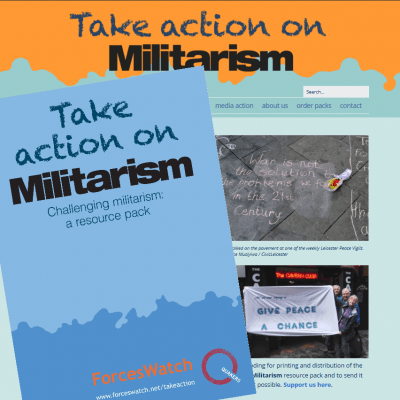
ForcesWatch have teamed up with Quaker Peace & Social Witness to produce a resource pack to help people take action on militarism in their communities. And there is a website to go with it where you can download the pack or order a hard copy, find links to more resources etc.
Dissenting from the Old Lie
Every year, the fury levied at those who critique or refuse the red poppy obscures the complexity and spectrum of views such dissenters open up. What is lost in this explosion of vitriol and misunderstanding is the opportunity to allow us, as empathic human beings, to be open to divergent viewpoints, to think honestly about wars and to discuss their causes.
